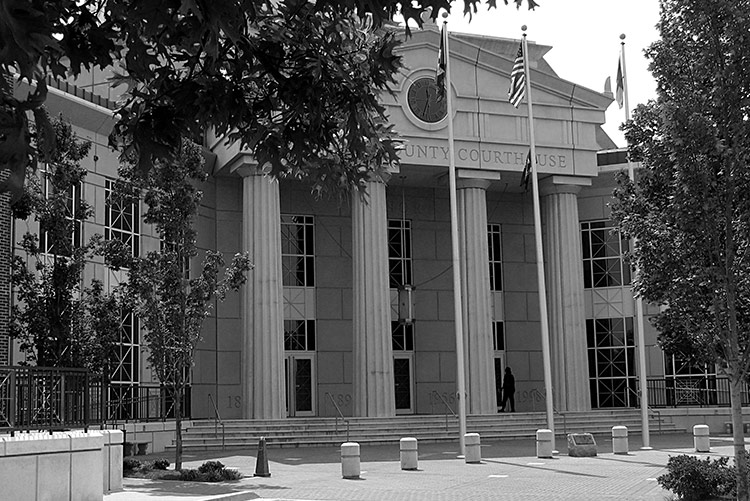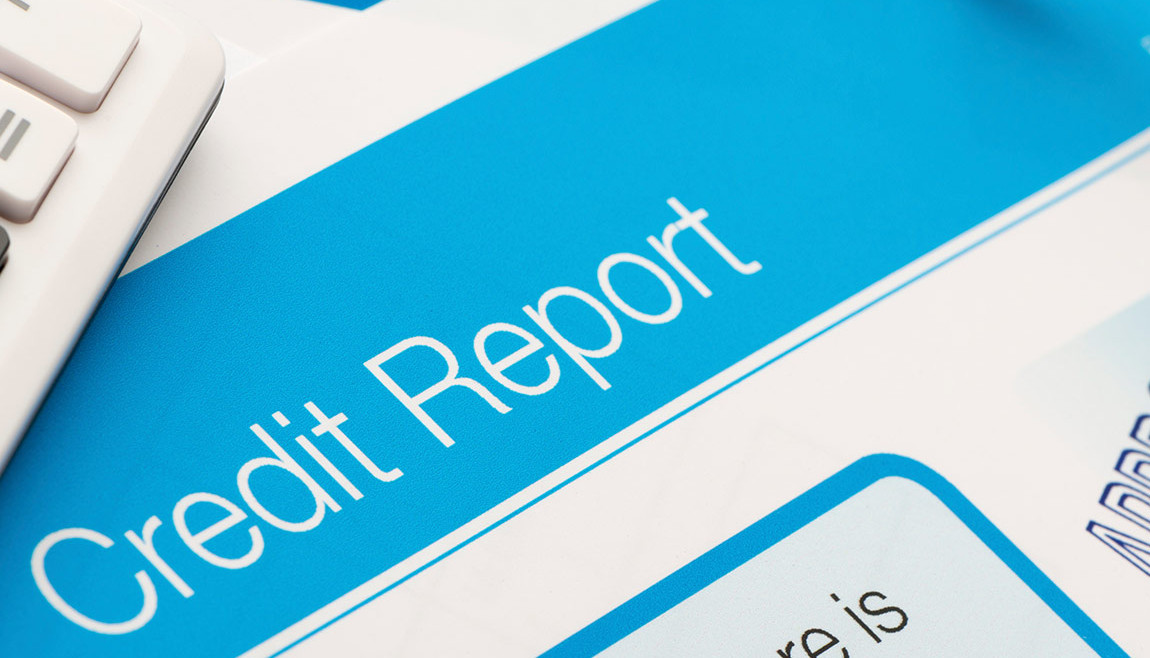Chicago Protects Foreclosed Property Renters
https://bardolawpc.com/wp-content/uploads/2015/09/BlogPhoto-023-BardoLaw.jpg 700 500 StacyBardo StacyBardo https://bardolawpc.com/wp-content/uploads/2015/09/LinkedIn-StacyBardo-BardoLawPC-150x150.jpgAn important Chicago ordinance protects foreclosed property renters. The Keep Chicago Renting Ordinance (“KCRO”) requires foreclosed property purchasers to:
(1) Provide notice of any change in ownership to all occupants of a foreclosed property within specific time limits;
(2) Give occupants accurate contact information for the new ownership; and
(3) Tell tenants where to pay rent and how to request repairs.
Until this notice is sent, the new landlord cannot collect rent. Further, any existing leases must generally be honored and the new landlord cannot demand that the tenant renew or relocate until the end of that lease.
Most importantly, the KCRO requires the new owner of a foreclosed rental property to either: (1) offer qualified tenants a renewal or extension of their lease (capping rent increases at 2%); or (2) pay the tenants a $10,600 relocation fee. As the City of Chicago notes:
The KCRO is designed to address challenges facing renters and the communities where foreclosures take place. The first goal is to increase protection for renters in Chicago and stabilize rental housing by keeping foreclosed renters in their homes. It requires banks to either allow renters in good standing and who pay their rent to stay in their homes; or requires that they pay tenants relocation funds of $10,600 to leave the building to enable an easier transition from their housing. The fee also standardizes the “cash for keys” process.
A detailed synopsis of the Ordinance can be found at http://lcbh.org/resources/overview-keep-chicago-renting-ordinance. It’s important for you to know if the property you are renting is subject to a foreclosure, you have rights and cannot be forced to vacate your home immediately.









